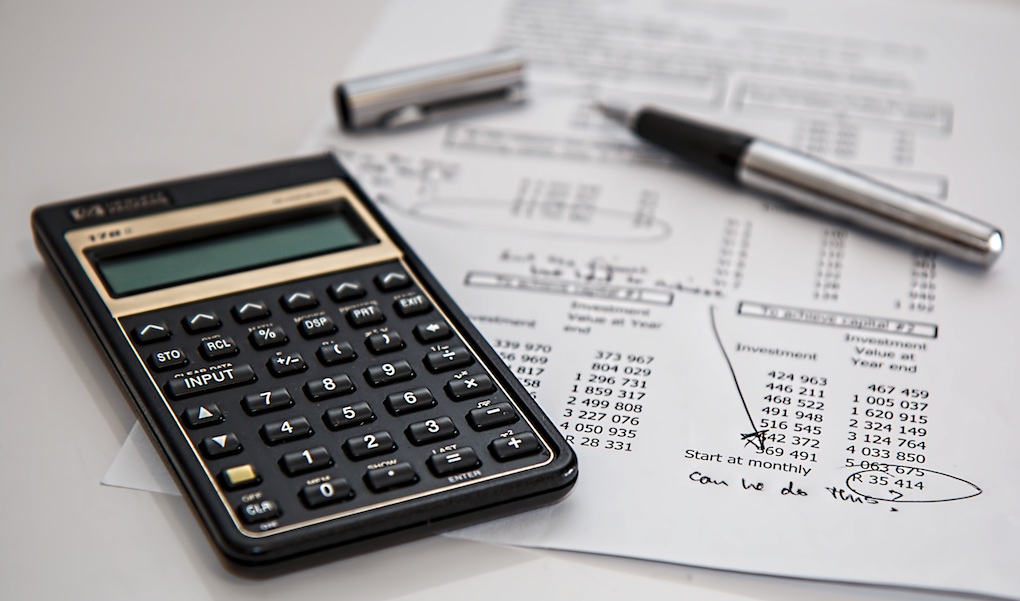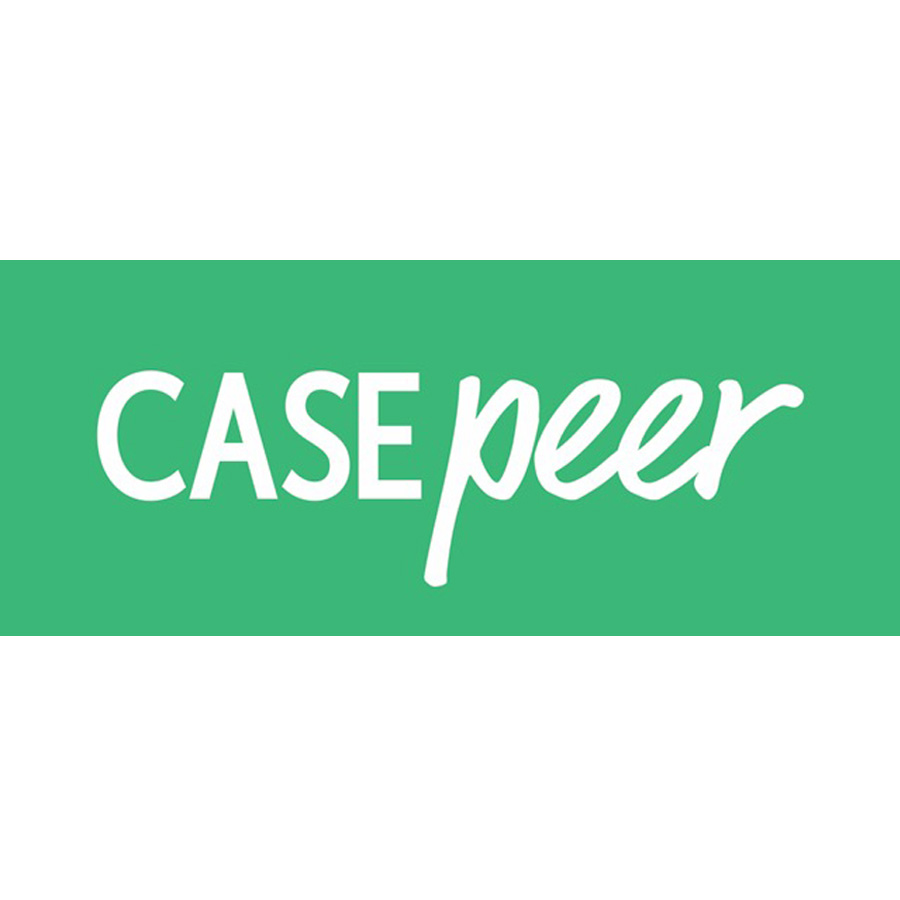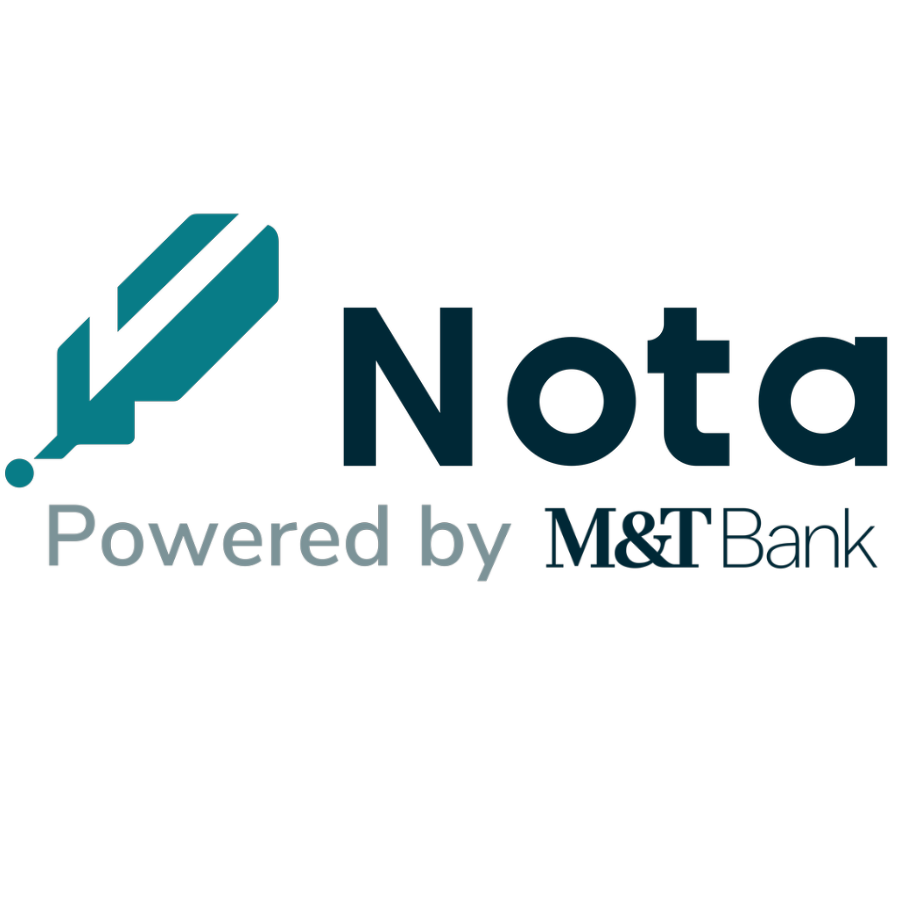One of the great things about LawyerSmack is that it’s more than just a place for lawyers to talk shop. There is certainly lots of that going on, but there are dozens of channels that have nothing to do with the practice of law. Pets, kids, hobbies – people are talking about it.
A popular non-law related channel is #wutangfinancial. Yes, it’s name is taken from that Chappelle Show skit.
Despite the silly name, it’s where lawyers talk finance, investing, and side hustles. It’s presided over by Josh Holt, who runs Big Law Investor. The Financial Panther chimes in on the regular too.
Recently a lawyer had a question about becoming more financially inclined. Here’s the conversation below.
How Can Lawyers Learn About Money Management?
Mary [1:33 PM]
So, for someone who is not so “financially inclined,” but is on a mission to improve and get this ball rolling, what resources do you recommend? @Okeoma and all.
Okeoma [1:34 PM]
Josh’s blog is obviously a great resource but it depends on your goals and preferred mode of learning. Are you a blog reader or do you prefer books, courses, podcasts, video?
matt [1:34 PM]
Depends on where you are in the process:
- Are you trying to figure out how to be more fiscally responsible?
- More investment/retirement oriented?
- Just want to know more? Etc.
Mary [1:39 PM]
I’d say a healthy mix of becoming more fiscally responsible with an eye toward investment and retirement (and paying off a student loan in between). I prefer:
- podcasts, then
- blogs, then
- videos.
I’m not much of a reader outside of work unless it’s really engaging (I’ll put a book down and never go back unless it hooks me almost immediately).
Chris [1:40 PM]
Do you have a budget currently?
matt [1:44 PM]
Step 1) What are you spending your money on
Step 2) How can you limit expenses/be more diligent/stick to a budget
Step 3) take all that extra $$ and pay off student loans, invest in retirement, etc.
Mary [1:45 PM]
. . .
I want to have a budget. I mean yes generally, but I do it in an unorthodox way. Okay, yes, I’m in the process of doing the “debt snowball” generally.
Chris [1:46 PM]
I’ve tried Mint, Dave Ramsey, YNAB, excel, etc
Mary [1:46 PM]
^^^ I cannot find an app that I love.
Chris [1:46 PM]
I think the single biggest step is to just HAVE a written budget.
Mary [1:46 PM]
I’ve read several Dave Ramsey books.
Chris [1:46 PM]
Whatever works best for you – a lot of problems are simply that people have no idea what they earn/spend on a day to day basis.
matt [1:48 PM]
I’m like @Chris in that I have tried a bunch of methods – YNAB works best for me.
Mary [1:48 PM]
or don’t want to know (I might fall here).
matt [1:48 PM]
Because the app syncs between me and my wife, and it forces you to actively look at what you are spending $ on as you spend it.
Chris [1:48 PM]
YNAB was my fav too, but after using it for about 18 months, I do it just by daily checking of my accounts.
matt [1:48 PM]
Others haven’t found it as useful though. (I’m also on the legacy version so it doesn’t cost me anything now)
@Mary YNAB is essentially an electronic version of Dave Ramsey’s ‘envelope’ method + some bells and whistles.
Mary [1:50 PM]
Cool. I’ll check it out.
kira [2:00 PM]
I’m a big fan of mint because it’s so easy to use but I’ve heard great things about YNAB.
kira [2:02 PM]
Mint is pretty automatic, which is nice.
Suggested Blogs and Podcasts On Learning About Money
Okeoma [2:07 PM]
@Mary It sounds like you’ve made some efforts but haven’t found anything that resonates with you personally. I would suggest that you try a couple of podcasts that may help keep you inspired and motivated. Budgeting for the sake of budgeting is terrible and hard for most people to keep up. IMO, creating a vision of your life that is powered by your financial decisions and finding a community to support you through that process is the key to financial success.
Mary [2:09 PM]
The Ellevate podcasts and WSJ’s Secret of Wealthy Women have recently increased my desires to get my shit together financially.
Okeoma [2:20 PM]
@Mary At this point, do you feel like you are financially illiterate or do you feel like you know what you need to do (ie inventory your accounts, understand your earning/spending, etc.) but need help putting your knowledge to action?
Mary [2:21 PM]
@Okeoma I need assistance putting it into action.
Okeoma [2:23 PM]
I would recommend you check out Clever Girl Finance. Bola is a dear friend and has been on my podcast in the past. She’s a great money coach with a fairly affordable Accountability Program.
Mary [2:27 PM]
I’ll check her out.
Okeoma [2:30 PM]
@Mary Let me know if it’s not what your looking for. I have tons of recommendations but don’t want to overwhelm you with options 😜
Pros and Cons of YNAB Money Management
Melissa [2:35 PM]
YNAB is good for people who really need to focus on the details of spending, but it isn’t the best for high level overview.
matt [2:37 PM]
I don’t understand that @Melissa – what do you mean by ‘high level overview’
Melissa [2:39 PM]
Well we have goals like percentage to saving/investment and amount for fixed costs that we deal with and only if they are off do we dive into the details of spending.
matt [2:42 PM]
Interesting – yeah, that is not the YNAB/Dave Ramsey method at all.
Okeoma [2:42 PM]
@matt are you a Dave Ramsey budgeter?
matt [2:43 PM]
Our first budget was Dave Ramsey’s envelopes (this was when we were well below the poverty line) We now use YNAB and the system is similar.
Chris [2:44 PM]
I agree with that – YNAB is tough for bigger goals and long term planning.
matt [2:45 PM]
I may just use it differently – but all of the budgeting side of our finances is accounted for in YNAB. Even long-term goals like house repairs, new car, etc. It does not do a good job with retirement/investing side of finances though.
Okeoma [2:47 PM]
Interesting. That makes sense. I hate budgeting so I don’t do it, but I know it works for a lot of people.
Melissa [2:47 PM]
@matt
Yeah I am used to a closer eye on the details but realistically we make enough that we don’t have to be super disciplined as long as we don’t decide to change our lifestyle much.
Denise made the point by explaining how it would cost more to record the buying of coffee than to buy it. Instead we set tripwires and if we go over we need to know why
Okeoma [2:49 PM]
@Melissa Sounds like we have a similar system.
matt [2:50 PM]
The world in which I don’t care about the cost of a cup of coffee is not the world I live in. 😉
Chris [2:50 PM]
My wife at one point said “It’s cheaper for me to give you a dollar than to argue about whether it’s better to spend $0.52 or $0.49 per cup of Keurig”
biglawinvestor [2:51 PM]
I don’t use YNAB for any bigger goals. Agreed that it’s not a very good tool for that. I simply pay myself a set salary each month which goes into YNAB (and my checking account) and then YNAB helps me optimize those dollars. I never “save” any of this money. It’s 100% in / 100% out. The saving happens with all the money that isn’t deposited into my checking account.
matt [2:51 PM]
Mainly budgeting gives us the freedom to know that we can make purchases without it impacting our monthly expenses.
Chris [2:51 PM]
That’s… smart and easy to think about.
matt [2:51 PM]
I can buy that new drill I need for house projects without taking away from food/vacation/etc money.

When Budgeting Works And Why YNAB Is Like A Financial Fitbit
biglawinvestor [2:53 PM]
@Mary I wrote two articles about budgeting that you might find interesting but completely agree with @Okeoma that budgeting for the sake of budgeting doesn’t work.
Mary [2:55 PM]
Awesome. Thank you!
Melissa [2:59 PM]
I tend to think YNAB works best for people who wear a Fitbit.
- It gives you a lot of details
- And you have data for every decision
I like the more, “what hole on my belt approach” we use because it takes less time and thought.
But both can work and starting with a lot of examination and loosing up is often the best way to find something that works for you.
matt [3:02 PM]
I would never wear a Fitbit, but am an unashamed YNAB apologist. But I do see the comparison
It’s like counting calories – “I can eat this pizza now (spend $$ on XX) but that means I can’t eat the cake later (spend $$ on YY)”
YNAB is just an app that helps you better track what you are spending $$ on and (mentally) quantify whether it is ‘worth it’. Eg., I get $50 for lunches out this month, is going to McDs worth it or do I want to save it for a nice lunch at the end of the month.
If your income exceeds your expenses to the point you don’t have to care about such things (and don’t want to save more) then budgeting may not seem useful.
Melissa [3:08 PM]
Yeah, Denise’s income is about triple what we made together in Virginia. And while some things cost more, we just both tend to be cheap.
Clothes mostly come from the thrift store, we buy meat on sale in bulk and freeze. So it was something we could let go of after having the kid because so much else had to be tracked
Okeoma [3:13 PM]
@matt That’s def a key point. The wider the gap between your earnings and your spending the less likely it seems that something like YNAB would be useful. I completely acknowledge that I’m able to be anti-budget because we’ve really grown that gap over the past 5 years.
matt [3:16 PM]
Totally agree @Okeoma – would only add “actual spending or spending goal” as it is helpful in reducing spending to a goal (if you want to save more, for example).
You Don’t Have To Be An Expert About Money – You Just Need To Start
Okeoma [3:17 PM]
We tend to approach our finances by deciding first on saving/investing goals and then we spend everything that’s left over, but I take your point!
@biglawinvestor Just downloaded your budget spreadsheet. I swear, there isn’t a excel spreadsheet I don’t love…
Melissa [3:20 PM]
We have our own money for spending on most things including eating out because we are both more frugal with money that we see as just ours than we are with household money, that is the big reason it isn’t much of an issue for us, but that psychological hack was important.
matt [3:21 PM]
Yeah, we have ‘irresponsible money’ as a category in the budget.
Mary [3:27 PM]
@Okeoma @biglawinvestor I just looked at taking a class on excel at the local community college. I’m useless!
Okeoma [3:29 PM]
@Mary I wouldn’t be too hard on yourself. Excel is not a strength of most lawyers!! I think taking a class sounds like so much fun! (I’m a finance lawyer so I spend a lot of time working with finance/treasury teams. I’m a little too far gone. I even have an excel spreadsheet for my travel packing lists!!)
biglawinvestor [3:37 PM]
The great thing about personal finance @Mary is that you don’t have to be an expert at everything. You just have to be an expert at the things that are relevant to you. We’re all constantly learning and tweaking here. Here’s another article of mine that seems appropriate because you’re probably having a “financial moment” right now – take advantage of it!
In January, I wrote a post over at Associate’s Mind entitled Just Start – it’s easily the most important factor when tackling a problem.
And if you want to talk with other lawyers about work, money, gifs, weird cat videos, or anything else – you should just join LawyerSmack.













